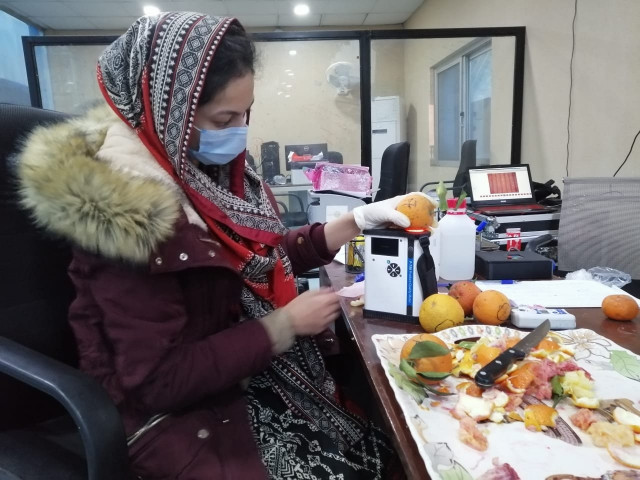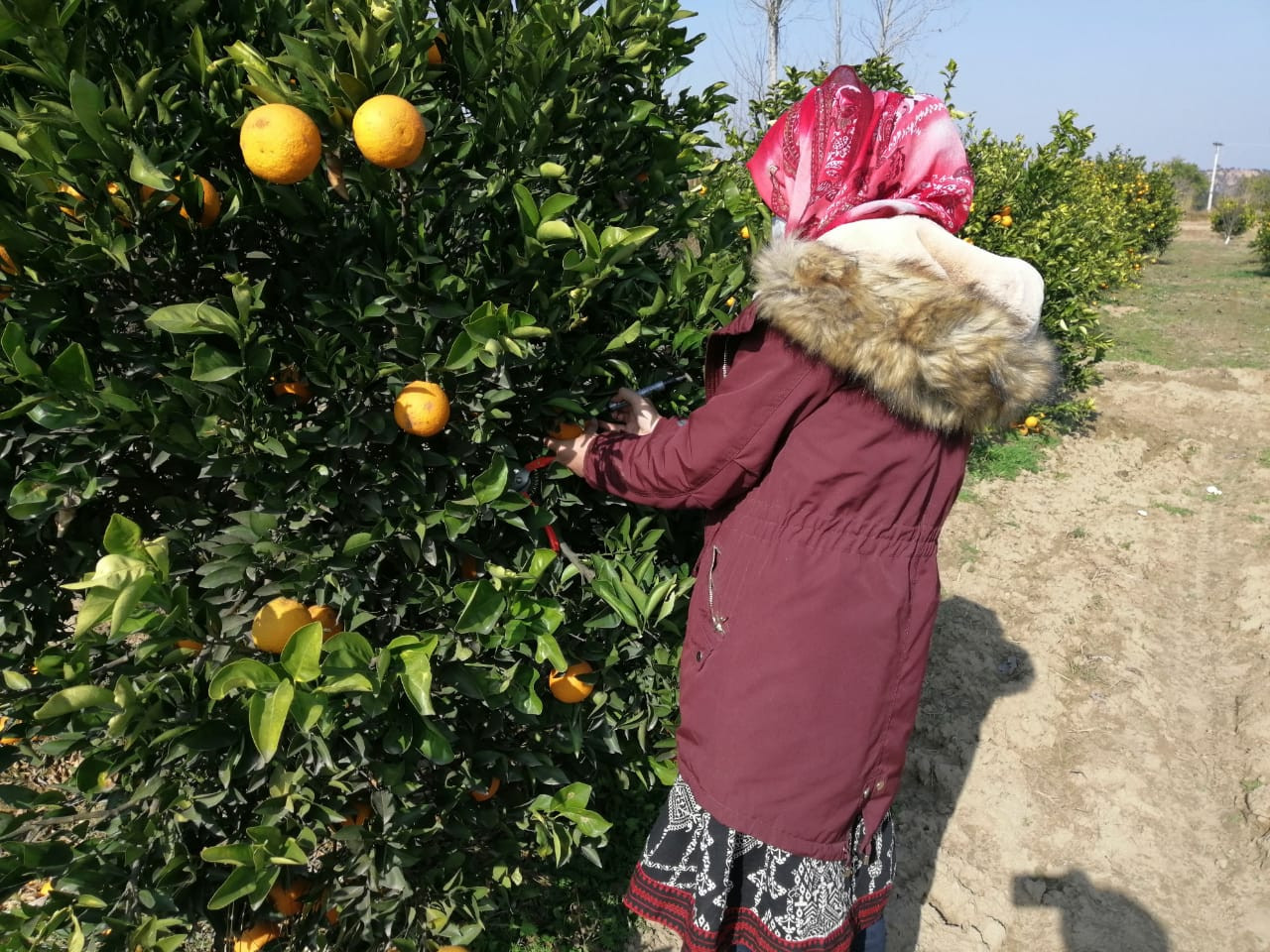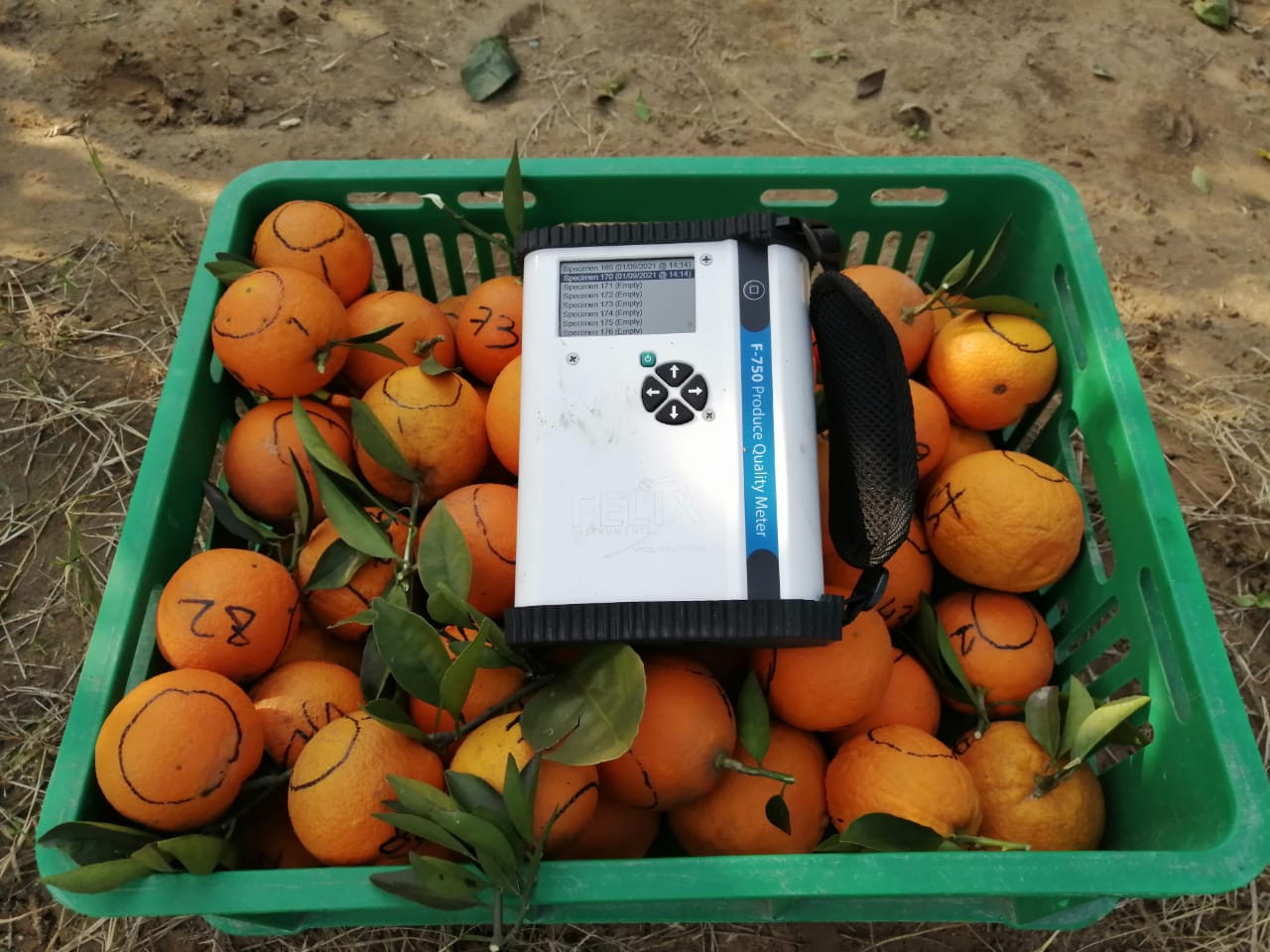Pakistani scientists develop AI method to determine citrus fruit sweetness
Pakistan, being the sixth-largest producer of citrus fruits globally, stands to gain from this advancement

A team of Pakistani scientists has made a significant scientific breakthrough by developing an artificial intelligence (AI)-based visual classification method that accurately assesses the sweetness of native citrus fruits.
Led by Dr Ayesha Zeb from the National Centre of Robotics and Automation at the National University of Sciences and Technology (NUST), the team successfully predicted fruit sweetness with over 80 per cent accuracy, without damaging the fruit in the process.
To conduct their experiment, the researchers selected 92 citrus fruits, including Blood Red, Mosambi, and Succari varieties, from a farm in the Chakwal district. They utilised a handheld spectrometer to obtain spectra, which are patterns obtained from the bouncing light, from marked regions on the fruits' skin. The team employed near-infrared (NIR) spectroscopy, a technique that enables the analysis of non-visible light spectra, to examine the fruit samples. Of the 92 fruits, 64 were used for calibration and 28 for prediction via the spectrometer.

While the use of NIR spectroscopy in damage-free fruit classification is not new, the Pakistani team's novel approach involved applying it to model the sweetness of local fruits. Additionally, they integrated artificial intelligence algorithms for direct classification of orange sweetness, resulting in improved accuracy.
Also read: Pakistani scientists develop eco-friendly fluorescent nanoparticles from teabags
Traditionally, assessing fruit sweetness involves chemical and sensory testing. Oranges' sweetness is determined by the measurement of total sugars, known as Brix, while citric acid levels are indicated by titratable acidity (TA). To develop the AI model, the team obtained reference values for Brix, TA, and fruit sweetness by peeling off samples from the marked areas used for spectroscopy.
Laboratory testing of the juice extracted from the samples provided actual Brix and TA values. Furthermore, human volunteers tasted the fruits and categorised them as flat, sweet, or very sweet.
Using the obtained spectrum, reference values, and sweetness labels, the team trained the AI algorithm on a total of 128 samples. The AI model was designed to predict Brix, TA, and sweetness levels based on spectral data. To evaluate the model's accuracy, the researchers tested it with data from 48 new fruits, comparing the predicted values with actual measurements obtained through sensory evaluations and chemical analysis.

The results were astonishing, as the AI model not only accurately predicted the values of Brix, TA, and overall sweetness but also outperformed traditional methods in sweetness prediction. The model achieved an overall accuracy rate of 81.03 per cent for identifying sweet, mixed, and acidic tastes.
Also read: Pakistani scientist sets two world records in solar cell technology
This scientific breakthrough holds significant implications for the citrus industry, particularly in the estimation of citrus fruit quality. Unlike bananas and mangoes, oranges do not ripen further once harvested from the tree. Therefore, this innovative AI-based method could streamline and enhance the assessment of citrus fruit sweetness, benefiting the industry and ensuring better consumer satisfaction.
Pakistan, being the sixth-largest producer of citrus fruits globally with 0.46 million tons of exports in 2020, stands to gain from this advancement.
The findings of this research have been published in Nature, a prestigious research journal.
The project was a collaborative effort led by Dr Ayesha Zeb and Dr Mohsin Islam Tiwana from the National Centre of Robotics and Automation at the National University of Sciences and Technology (NUST); Dr Waqar Shahid Qureshi from School of Computer Science, Technological University Dublin Ireland; Dr Abdul Ghafoor, Dr Muhammad Imran and Dr Alina Mirza from Military College of Signals NUST; Dr Amanullah Malik from Institute of Horticultural Sciences, University of Agriculture, Faisalabad; and Dr Eisa Alanazi from Department of Computer Science, Umm Al-Qura University, Makkah, Saudi Arabia.



















COMMENTS
Comments are moderated and generally will be posted if they are on-topic and not abusive.
For more information, please see our Comments FAQ